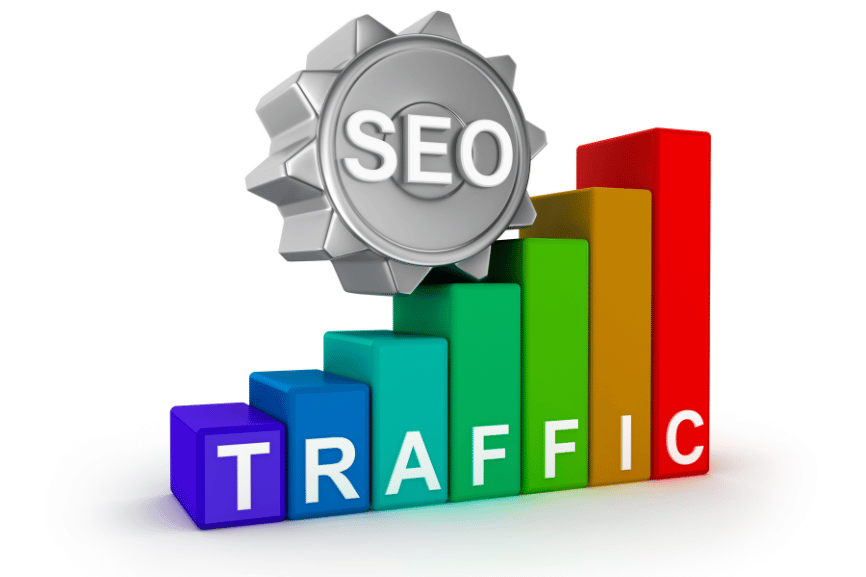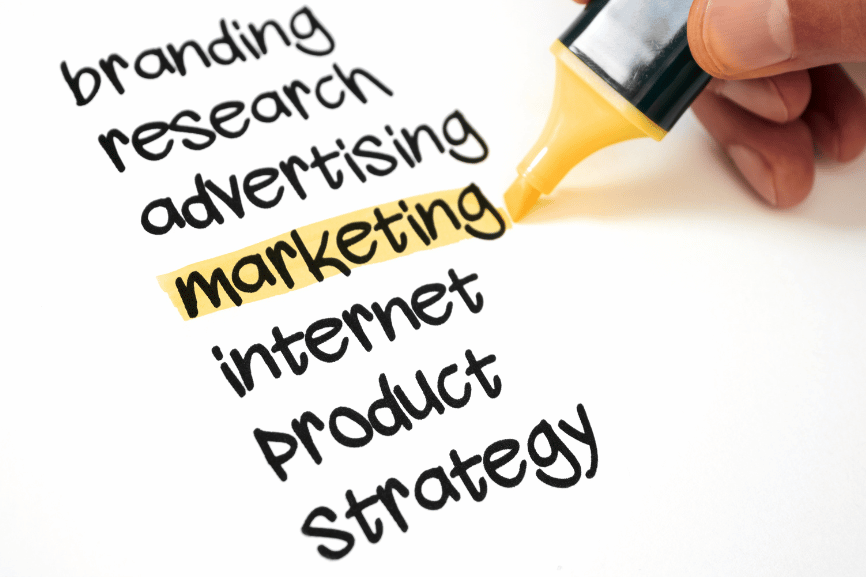DIFFERENT TYPES OF WEBSITES
Imagine the web as a sprawling mall, brimming with a diverse array of stores! Websites are like individual shops in this mall, each serving a unique purpose. Here’s your guide to some of the most common website types you’ll encounter: Information Kiosks Think of these websites as the mall’s information booths. They specialize in providing knowledge on specific topics. Whether it’s a university explaining a scientific breakthrough or a cat enthusiast sharing feline care tips, these sites are your go-to for in-depth knowledge. Wikipedia is a giant information kiosk, while a local cat club’s website might be a smaller version. Online Stores Ever purchased clothes or games on your phone? You’ve visited an online store website! These sites, much like physical stores, allow you to browse and purchase products, from physical items delivered to your doorstep to digital downloads. Amazon is a huge online store, but there are countless smaller ones selling a variety of products. Business Websites Imagine a company setting up a shop in the mall to promote itself. That’s exactly what a business website does! Businesses of all sizes use websites to showcase their services, products, and contact information. They often provide company details, contact methods, and sometimes even a blog with interesting articles. Blogs Think of blogs as online journals or mini-magazines. Individuals or businesses use them to share their thoughts, ideas, and expertise on specific topics. They’re a fantastic resource for learning new things, staying updated on trends, or simply being entertained. Social Media Hangouts These are the virtual equivalents of those popular cafes in the mall where everyone gathers. Social media websites connect people with friends, family, and even strangers who share their interests. You can share text, photos, videos, and more on these platforms, making them a great way to stay connected or discover a community. Facebook and Twitter are two of the biggest social media “malls” around. Other Website Types Portfolios: These are like art fairs where freelancers showcase their work, similar to an artist displaying their paintings. Schools: Packed with learning resources, they’re like a giant library overflowing with books. Entertainment Centers: Offering games, movies, or music streaming, they’re akin to a fun zone in the mall. By understanding these different website types, you’ll be a more confident and informed navigator of the web’s vast mall!
DIFFERENT TYPES OF WEBSITES Read More »






